Because managing people shouldn’t feel this hard
Managing people is one of the hardest, most human jobs out there. And too many managers are handed the title without the tools. That stops here.
Manager, You Matter.
-

Fundamentals of People Management
A crash course in how management was built and why it needs to evolve.
Modern management was designed for the industrial age and in many ways, we’re still using that same playbook. This program unpacks where management came from, how early thought leaders shaped today’s business structures, and why understanding those roots matters if you want to lead on purpose.
You’ll explore the origins of the manager role, key leadership styles, and the systems that still influence how we work so you can show up with more clarity, context, and intention in today’s world of work.
🕓 ~2-3 hours|(self-paced)
Includes video lessons + workbook and course slides
💡 Great for first-time and growing managers -

Laying Your Own Management Foundation
A practical, honest program for managers navigating growth, pressure, and people.
Being a good manager starts with knowing yourself , your patterns, your limits, your blind spots, and your values. This course helps you build a solid foundation from the inside out, so you can lead with more intention, resilience, and clarity in every direction: up, down, and across.
You’ll learn how to manage up without losing yourself, set boundaries that protect your time and energy, and avoid falling into the most common traps that lead to burnout or ineffective leadership. We’ll help you get clear on your leadership style, articulate what you need to thrive, and better understand the people you rely on most, from your boss to your team.
Because strong teams don’t just happen. They start with strong, self-aware managers.
🕓 4–6 hours (self-paced)
Includes video lessons + practical exercises
💡 Great for first-time managers, career-changers, and pros nearing burnout -

Cultivating the Conditions for High Performance
Turn good intentions into great team dynamics.
High-performing teams don’t happen by accident, they’re built through intentional leadership that prioritizes both people and outcomes. This course is your roadmap to creating a team culture grounded in clarity, connection, and accountability.
You’ll learn what your team truly needs to thrive, from psychological safety and empathy to structure, follow-through, and transparency. We’ll cover how to balance micro- and under-management, how to manage emotions (yours and theirs), and how to lead with emotional intelligence — especially during 1:1s and tough conversations.
You’ll walk away with a hierarchy of high performance to guide your day-to-day leadership, plus practical tools like the CLEAR framework to navigate real challenges with confidence.
🕓 ~6-10 hours (self-paced)
Includes video lessons + hands-on workbook
💡 Great for managers at all levels looking to drive high performance
Let’s Work Together.
Want to Integrate Manage(Meant) Excellence Content Into Your Company’s Training?
You don’t have to build manager training from scratch — I already did.
Whether you're an HR leader, L&D pro, or exec looking for ready-to-run programs that actually land, let’s talk.
Option 1: License the Curriculum
Use the full training series as-is — branded or white-labeled — and plug it right into your management training.
No development time
Proven, practical content
Built to empower your managers from day one
Option 2: Customize It for Your Culture
Need it in your voice? Want to mix in your leadership principles or values? I’ll work with you to tailor the content so it feels like it was made just for your managers — because it was.
Let’s build better management together.
👉 [Inquire About Licensing or Customization]
